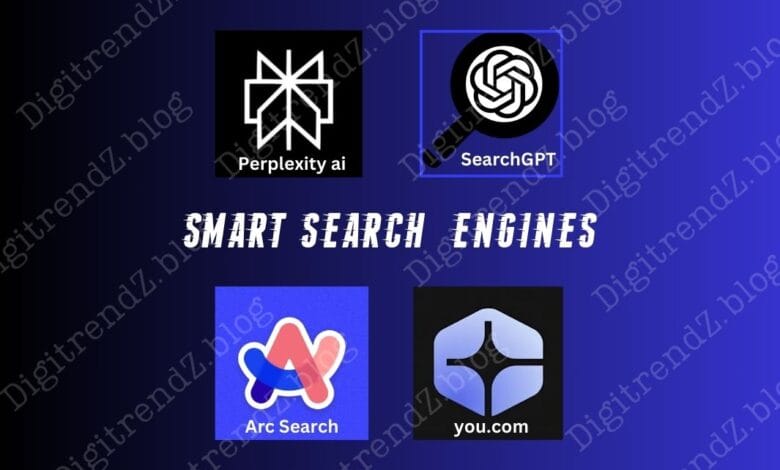
Search engines are transforming. The next wave of AI-powered platforms goes beyond simple links, aiming to create a more interactive, personalized, and accurate search experience. Here’s a look at some of the key players in this new playground: Perplexity, You.com, Arc, and the upcoming SearchGPT.
Perplexity: Straightforward Answers from Trusted Sources

Perplexity distinguishes itself by delivering direct responses from reliable publications and research papers. Unlike traditional engines that provide a list of links, Perplexity’s strength lies in presenting clear, fact-checked answers in real-time. Citations are included with each result, so users can easily trace the source, enhancing transparency and trust.
This method reduces the time spent combing through multiple sites and helps ensure users get the right information quickly.
You.com: A Customizable Search Engine

You.com puts the user in control, offering a customizable search experience. You can prioritize categories such as news, education, or even specific websites, shaping the way results are presented. It’s a feature that traditional search engines typically don’t offer, making it an attractive option for users who want more control over their search results.
Additionally, You.com provides summaries of key points alongside results, allowing users to absorb information faster. Its focus on personalization and autonomy sets it apart for those seeking a more tailored experience.
Arc: Minimalism Meets Privacy

For privacy-conscious users, Arc is an excellent option. It avoids tracking and doesn’t store search data, while the minimalist design ensures a distraction-free experience. With no ads or unnecessary clutter, Arc’s interface is clean and straightforward, focusing solely on delivering relevant results.
This makes it particularly appealing to those who want privacy without compromising on search quality.
SearchGPT: The Conversational Search Engine

OpenAI’s SearchGPT is set to change how we interact with search engines, using AI to create a conversational experience. Rather than relying on keywords, users can ask follow-up questions and receive more in-depth responses. Its ability to cite sources in real-time will make verifying information easier and more interactive.
Currently in development, SearchGPT has the potential to challenge search giants by integrating natural language processing with real-time search. Early reports suggest it may also work alongside ChatGPT, allowing for a seamless blend of conversation and up-to-date information.
What’s Next?
All of these platforms share a common goal: empowering users through transparency, customization, and privacy. Whether it’s conversational AI, curated results, or enhanced privacy, these search engines are pushing the boundaries of what’s possible. For marketers and content creators, the rise of fact-based engines like Perplexity and SearchGPT means the quality of content will play a bigger role in digital visibility.
As these technologies advance, the search experience will continue to evolve, providing a faster, more trustworthy way to find information.





